About QUILL
The QUILL Research Centre (Queen’s University Ionic Liquid Laboratories) was established in 1999 by Professors Ken Seddon and Jim Swindall, making it the world’s first research centre dedicated to ionic liquids.
Housed within the School of Chemistry and Chemical Engineering, QUILL brings together ten research groups led by independent principal investigators, along with four Honorary Academics: Dr. Nimal Gunaratne, Dr. Nancy Artioli, Prof. Paul Davey, and Prof. Doug MacFarlane, FRS.
Our research focuses on ionic liquids and expands into other advanced liquid and amorphous materials, including deep eutectic solvents, gels, liquid coordination complexes, and zwitterionic salts. We combine interdisciplinary fundamental research on liquid-state properties with strong industry partnerships to tackle some of today’s most pressing technological challenges.
In our fundamental work, we collaborate extensively with UK's Large Facilities: ISIS Neutron and Muon Source and Diamond Light Source, as well as international research groups.
Our applied research is focused on six areas that map onto UN Sustainable Development Goals to deliver clean water, sustainable energy and circular economy of key resources:
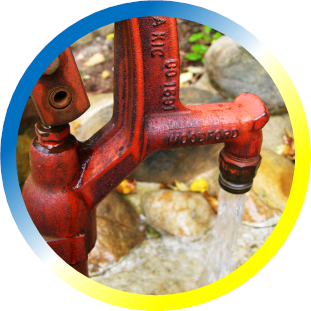 |
Clean WaterLiquid and solid materials for the removal of contaminants from fresh and produced water. |
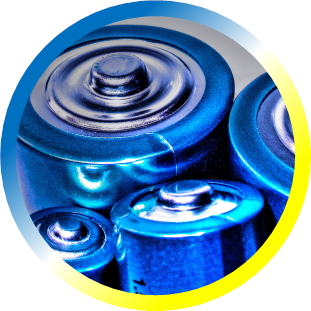 |
Energy StorageAdvanced liquids for modern electrolytes in batteries and stationary energy storage. |
 |
Advanced MaterialsLiquids as materials: anti-fouling coatings, dynamic fragrances, phase-change materials and surfactants. |
HydrogenIntegrating ionic liquid in fuel cells for the production of hydrogen |
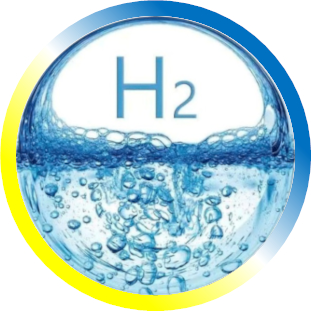 |
Circular EconomyRecovering useful building blocks from waste materials. |
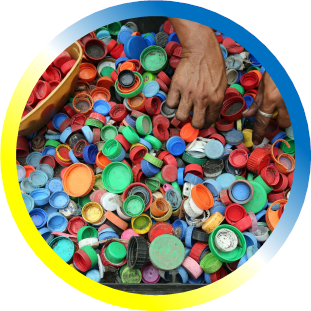 |
Metal SeparationsSecuring supply of critical elements with emphasis of valorisation of waste streams. |
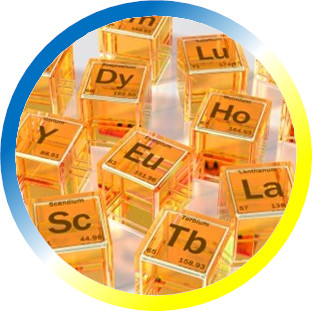 |
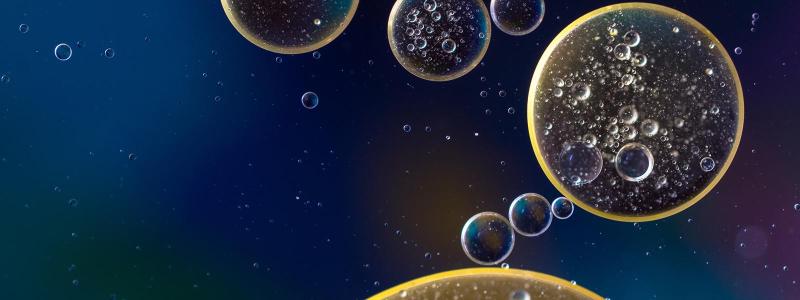
Complex liquids, such as ionic liquids or deep eutectic solvents, can be designed at a molecular level to deliver specific sets of properties, via strategies akin to bottom-up design of materials.
Examples span from battery electrolytes and hydrogen storage media, through superhydrophobic coatings and high-performance lubricants, to phase change materials, thermal fluids and components of gels, suspensions and porous liquids.
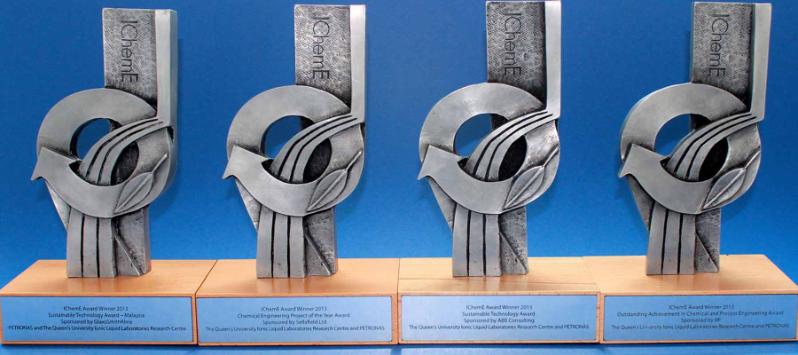
In the most recent UK-wide assessment of research excellence, Research Excellence Framework (REF2021), QUILL contributed two 4* Impact Case Studies, arising from collaborative projects with Chevron and PETRONAS.
Collaborative project with PETRONAS on the removal of mercury from natural gas won five Institute of Chemical Engineering (IChemE) awards in 2013 and 2014, the Royal Society of Chemistry’s 2014 ‘Teamwork in Innovation Award’, and 2014 Niklin Medal.

